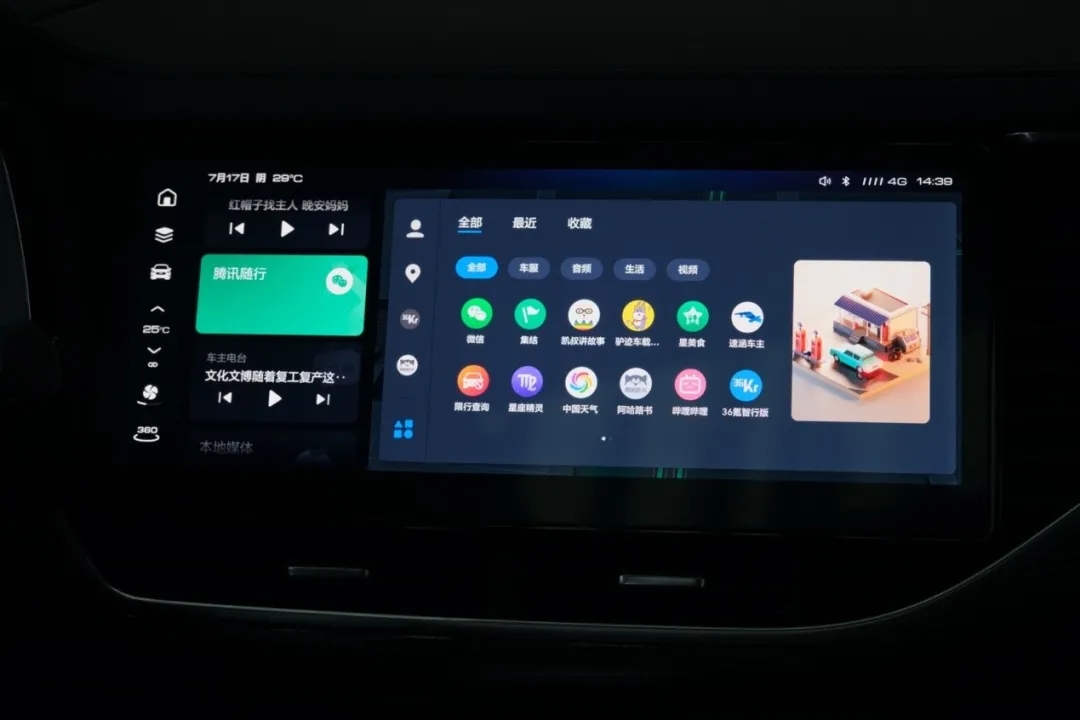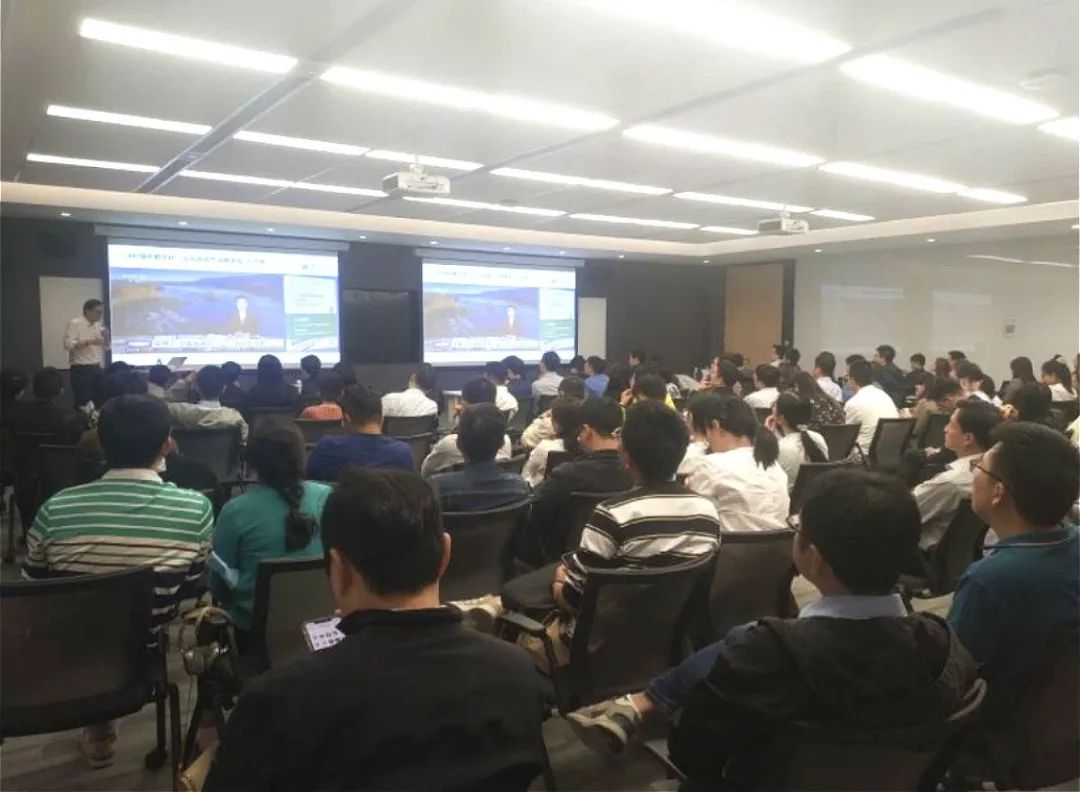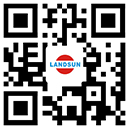As the end of 2020 is approaching, all industries have experienced an extraordinary year, and the automotive industry is no exception. This impact can be roughly divided into short-term and long-term aspects. From a short-term perspective, many manufacturers are under tremendous pressure due to the sudden arrival of the epidemic, and there are even some companies that have been eliminated. In the long run, the changes in communication methods caused by the epidemic, especially the emerging industries relying on network technology such as live webcasts and online shopping, have brought new ideas for automobile marketing and automobile products with far-reaching significance— -The process of digital transformation has accelerated significantly.
As for whether the epidemic has an impact on the auto market, the answer is naturally yes, but how big the impact is, I am afraid it can only be regarded as a catalyst on the road to reform in China's auto market.
Since 2018, my country's automobile production and sales have experienced a year-on-year decline for the first time, which indicates that the Chinese automobile market has entered an era of stock competition, and the competitive relationship between auto companies has become more "tip-to-tip". And with the "step by step" of industry policies such as emission regulations, fuel consumption limits and double points, new car manufacturers, new energy brands launched by traditional car companies, and high-end new energy products have emerged in an endless stream in the past two years. Especially in 2020, including Gaohe Automobile, SAIC R Automobile, Dongfeng Lantu, GAC Ai'an, etc., are targeting the new energy vehicle market. In fact, this is not only affected by policy factors, but also that new energy vehicles are more convenient for the development of intelligence.
Therefore, even if there is no epidemic, new energy and intelligent connected vehicles will be the general direction of the future development of the automotive industry. However, the emergence of the epidemic has undoubtedly accelerated the pace of digital transformation-the traditional transaction process of entering stores to see cars, test drives, and negotiations is hindered, and manufacturers can only develop and maintain customers through the Internet. Therefore, in the very special year of 2020, not only did we see Li Jiaqi and Wei Ya selling cars live online, but also executives from automobile companies such as "Pangtou Yu", Yang Dayong, and Yan Hongbin also appeared in the live broadcast room to bring their own brands. Goods, cheer.
In the process, car companies further discovered that with consumers’ increasing reliance on the Internet and the rapid popularization of 5G network technology, the digital upgrade process of automobiles has been significantly accelerated, whether it is the video playback of the Internet of Vehicles, the voice control system, or By making an appointment for maintenance, people have put forward more expectations and higher requirements for the digital functions on the car.
Product differentiation breakthrough digitalization is blindly "good medicine"
For the automotive industry that is undergoing profound changes, many people believe that the problem that consumers face when buying a car today is that there are too many choices, and the dazzling array of products is easy to pick. But on the contrary, the problem that people face is that there are too few choices. Although we can find many car products at various price points, we will find out after we limit the price, size, engine and other key elements. The difference is almost negligible. Either you have one more interior atmosphere light, or I have one more electric steering wheel adjustment, which is almost irrelevant for consumers to choose.
In fact, in the Chinese auto market, as independent brand auto companies mature in the three major technologies of engines, gearboxes and chassis, basic hardware quality has become the foundation for mainstream auto companies to settle down, and many parts come from internationally renowned brands. Suppliers, so it is difficult to have substantial differences in hardware and configuration between competing products in the future. What really attracts young people and opens the gap to achieve brand improvement is in terms of digitalization, branding and ecological services. This means that in the future, the shape and hardware configuration of the car will be the first step to make consumers interested, and the difference in software, application services and intelligent interactive experience will become the key to whether consumers are willing to pay for it. .
On Changan UNI-T, Haval F7 and other models, we can more intuitively feel the research and development achievements of Chinese car companies over the years. It symbolizes walking with independent thinkers, breaking conventions, giving cars wisdom and life, and becoming a partner who understands you better. It is the secret of the new generation of automotive products in terms of digitalization, and it is the main direction of future automotive product development.
It is foreseeable that in the future, the competition between car companies is no longer the competition of the brand or the product itself. The competition model may be closer to the current competition of smart phones. If you are used to using IOS, you can choose Apple. If you are used to Android, you can choose Xiaomi or Samsung. Hongmeng bought Huawei. Li Peng, Vice President of Great Wall Motor Co., Ltd. and Digital Executive Officer of Great Wall Motor Co., Ltd.’s Product Digitization Center, said: “The iPhone defines the mobile phone industry with the three underlying capabilities of OS, value chain, and ecology. As the largest mobile smart terminal, the automobile must also Refactor these three underlying capabilities."

Haval F7 car machine equipped with Tencent Autolink TAI3.0 ecological car networking
In the future, not only will the products of other industries become smarter, but cars will also become more "smart", and companies that are deeply involved in this field will surely be favored by more drivers and passengers. It can be seen that in the intelligent and digital transformation, the old "small steel guns", including golf, are all rushing towards the intelligent era with digitalization as the development direction. It is not difficult to imagine that the future of cars is no longer a cold travel tool. , But "intelligent creatures" with interactive capabilities that can bring consumers a sense of value satisfaction beyond expectations.
Digitization will be integrated into the organization model of auto companies
The digital development of automotive products is coming quickly. When most car companies believed that digitalization was only part of the development of automotive intelligence a few years ago, it is hard to imagine that it has become the focus of the future development of car companies. The heavy weight may even change the original trajectory of industry development.
In April this year, Great Wall Motors established a first-level department "digital center" with the purpose of consolidating all digital businesses and promoting the progress of the group's digital business. It is understood that the digital center covers almost all digital car business, including smart driving, smart cockpit, digital marketing platform, data center, user operation platform, etc., and it will provide services for all its brands. Coincidentally, on October 1, the BMW Group established the "Digital Car" department, with the purpose of integrating all digital-related R&D businesses such as digital products, digital technologies, and digital services into one department. The long-term goal is for BMW to manufacture from complete vehicles. Businesses transform into digital companies or technology companies. As a representative of state-owned auto companies, SAIC’s transformation goal is “a comprehensive supplier of global competitive and influential mobility services and products”. It has also carried out corresponding talent development work around the group’s strategy to build digitalization and software Talent career development channel.
It is not difficult to see that the newly established digital departments of enterprises generally have a larger "jurisdiction" and a higher "administrative level", no less than traditional product development, modeling design and other departments. In fact, such a structural layout makes sense. The two cores of an industrial organization are process design and control, while a digital organization is a mesh organization that requires an excellent technical architecture. The most important value of smart electric vehicles is reflected in the software, which needs to be continuously updated through OTA. This requires corresponding complex mesh organizations, establishing global contacts and digital closed loops, and forming a competitive and sustainable connection. The architect designs the business to be able to quantify data and close the loop. All data is systematized and online, which can be extracted and analyzed to become the basis for decision-making. Not only can it bring a positive feedback effect to its own organizational structure, but it can also help other departments improve work efficiency and find the direction for improvement.
In fact, the process of industrial organization is the traditional advantage of auto companies, and the digital transformation route includes strategies, value chains, digital capabilities, organizational matching, and leadership. Therefore, although car companies are solely responsible for digital transformation, although it may be a safe method, it is difficult to achieve it by itself. In this regard, Internet technology companies are also actively investing. At present, technology companies including Huawei, Baidu, Tencent, Alibaba, etc. are all aiming at new outlets for digital transformation of auto companies, and are beginning to deploy in related fields.
With the smart cockpit as the core, car companies are about to derive into an ecological organization around the new smart terminal of the car. In the context of the ever-increasing value of software, car companies need to build their own digital organizations to ensure their dominance. In the process of integrating into auto companies, technology companies have gradually deepened their roles from digital assistants and participated in the ecological construction. Take Tencent as an example, starting from providing software services such as navigation and music, to building an ecological vehicle networking platform with car companies, attracting more scene-based services from third parties to the car, and then to co-creating digital talents with car companies And so on, gradually integrated into the construction of the future car travel service model.

Tencent-SAIC digital talent joint training and co-creation activity
Under the big goal of automobile transformation and travel service providers, self-driving travel, public travel, and shared travel are connected and complementary, and there is also a broad space for exploration. Only by closely linking travel operations with cloud, location services, and big data services can accurate user understanding and communication be achieved, and a user service experience with thousands of people can be achieved. Convenient services such as non-inductive payment and ride-in codes are also the foundation of future smart transportation, which can help the planning of smart transportation and improve the efficiency of urban transportation.
Tel: +86-755-27179816 27179815
+86-755-27179817 27179826
Fax: +86-755-27179811
E-mail:sales@landsun.cc
Company web:Http://www.landsun.cc

